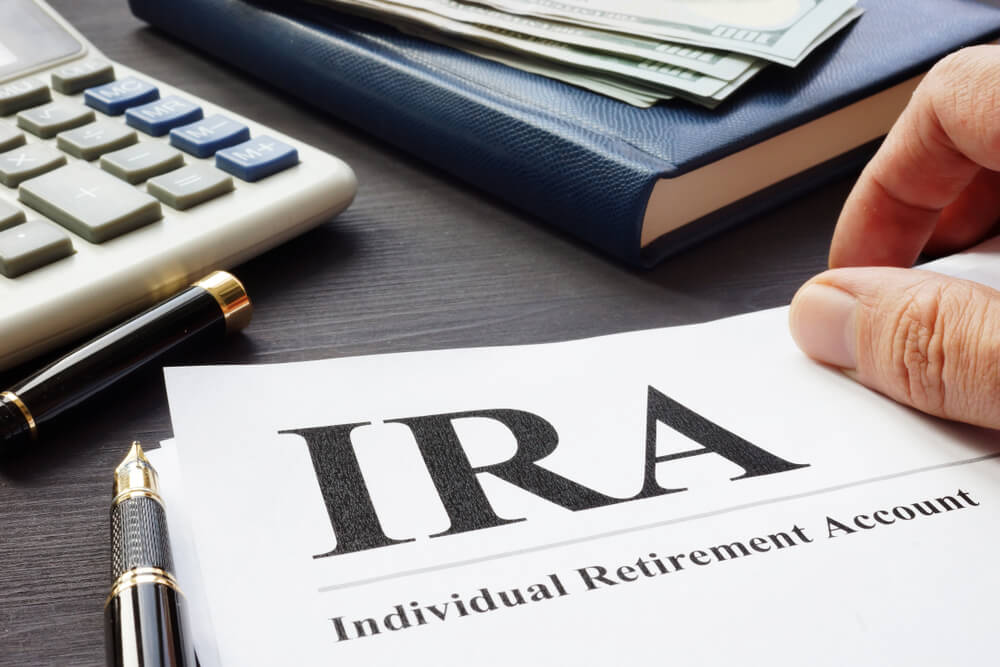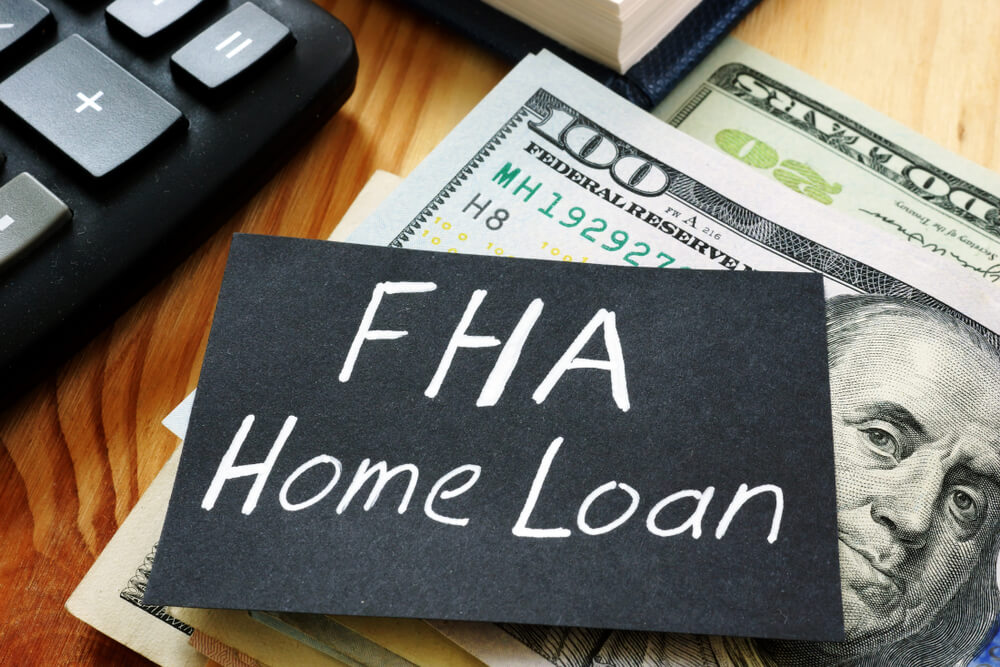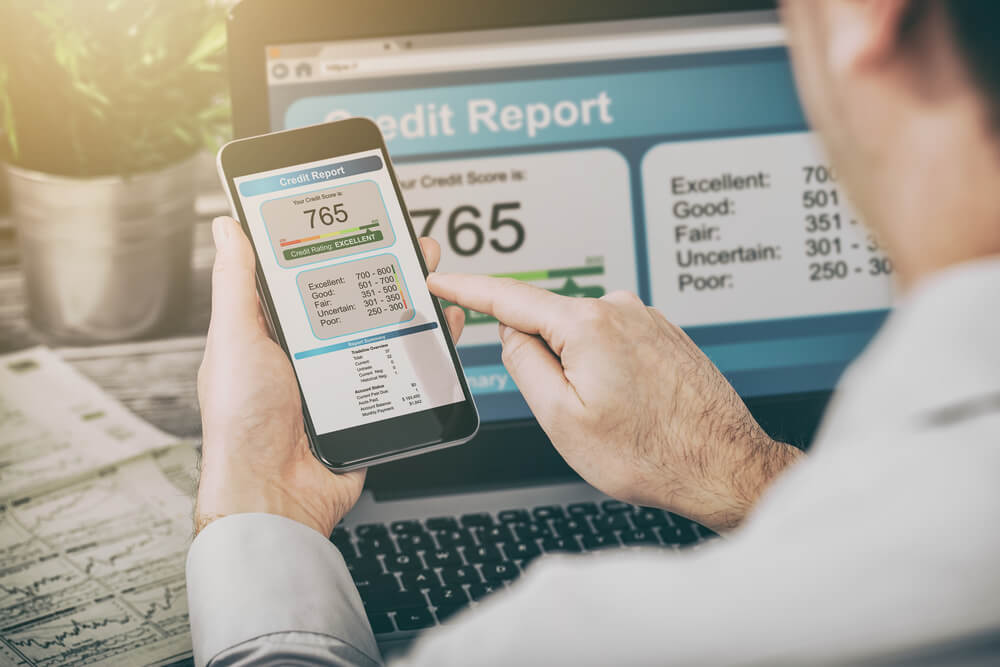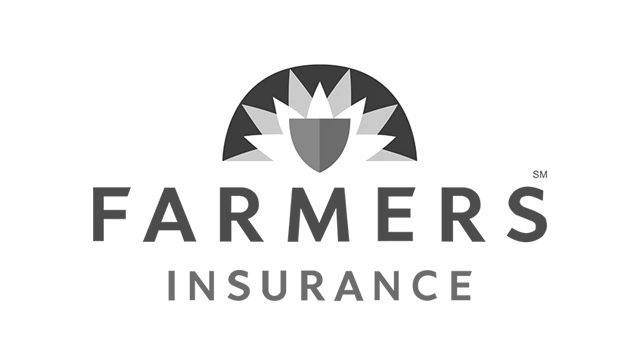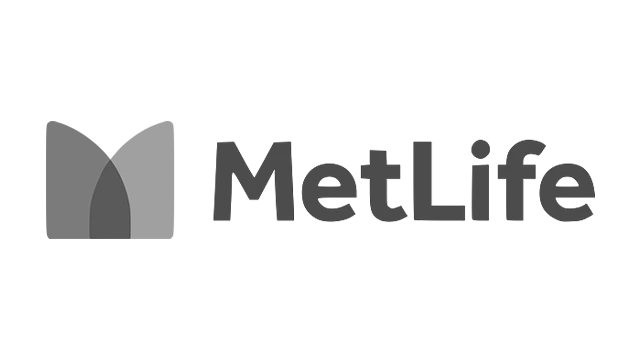A Simple Guide To Debt Consolidations
Being under a mountain of multiple debts can seem like an impossible obstacle to tackle, but thanks to debt consolidation there are options that make the battle more manageable. Read on to learn more.
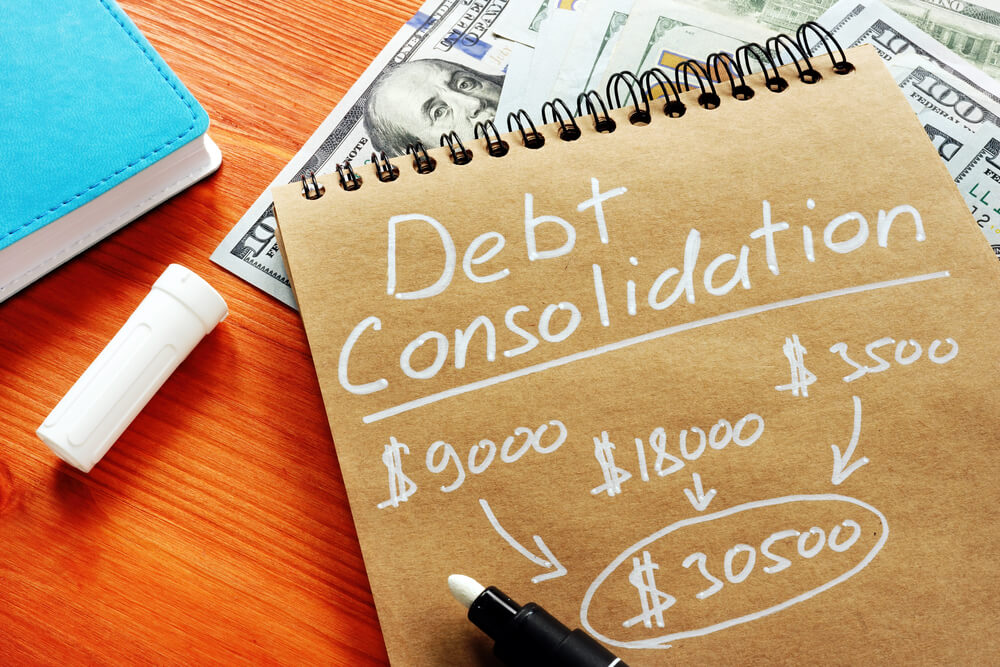
What Is Debt Consolidation?
To put it simply, debt consolidation takes multiple debts you owe payments on and wraps them up into one single debt. For example if you have multiple credit cards and other typically high-interest types of debt that each have different amounts and interest rates, you can consolidate them all into one debt with one rate and one payment. This can be an incredibly helpful option for borrowers who are still able to repay their debts but would like to simplify their repayment and/or attain a better interest rate on multiple debts at once.
What Types Of Debt Consolidation Are Available?
There is more than one way to consolidate debt, but generally there are 2 most common ways that most people use.
0% Interest Credit Card - There are various credit cards that offer a 0% interest with balance-transfer. This type of card is ideal for debt consolidation because you can transfer your outstanding balances from other higher interest debts into a single card with 0% interest. Not all cards allow balance transfers, so be sure to check that before applying. However, there are 2 things you should know. First, youll most likely need a good or excellent credit score to qualify for these types of cards (690 or better), and second, these types of 0% interest are for a promtional period of time so pay close attention and pay off your debt before the 0% period ends. If you can do that, youll save yourself a bundle.
Debt Consolidation Loan - Just like any other type of loan, the better your score is the better the rates of the loan will be. With a debt consolidation loan you can generally find a fixed-rate loan that has a lower interest rate than the multiple debts you are paying off. Use the loan funds to pay off the high interest debts and voila, you now have a single lower interest payment to make your life easier and repay your debts faster.
Home Equity Loan - Much like a debt consolidation loan, a Home Equity Loan can also be used to consolidate debt at a better rate. However, this option is risky because you are staking your home on your ability to repay the loan so make sure that the terms are within your means to repay.
401(k) Loan - If you have a substantial amount of retirement savings invested in your 401(k) you might be permitted to take out a loan against it which could be at a lower rate than your current multple debts. Just like a home equity loan this type of strategy carries risk. If you default on your 401(k) loan payments it can have drastic consequences for your retirement, so use this option only if it makes sense with your situation and ability to repay.
Should I, Or Shouldnt I?
Debt consolidation might be the smart move for you if your monthly income is more enough to consistently make on time payments, and you have confidence that it will continure to stay that way for the remaining period required to pay off whichever form of debt consolidation you choose within its term.
If your debt payments are already beyond 50% of your monthly gross income or have a problem with excessive spending then debt consolidation is probably not going to be helpful and you should look into more specific forms of debt relief. There are custom tailored debt relief programs for situations like this.
Likewise, if you can already pay off your debts in a short period of time at the current rate (say less than a year) then the effort to consolidate is probably not worth the amount you will save. Everyones situation is different so youll need to consider your options and see which is path is right for you.
Sponsored Content

